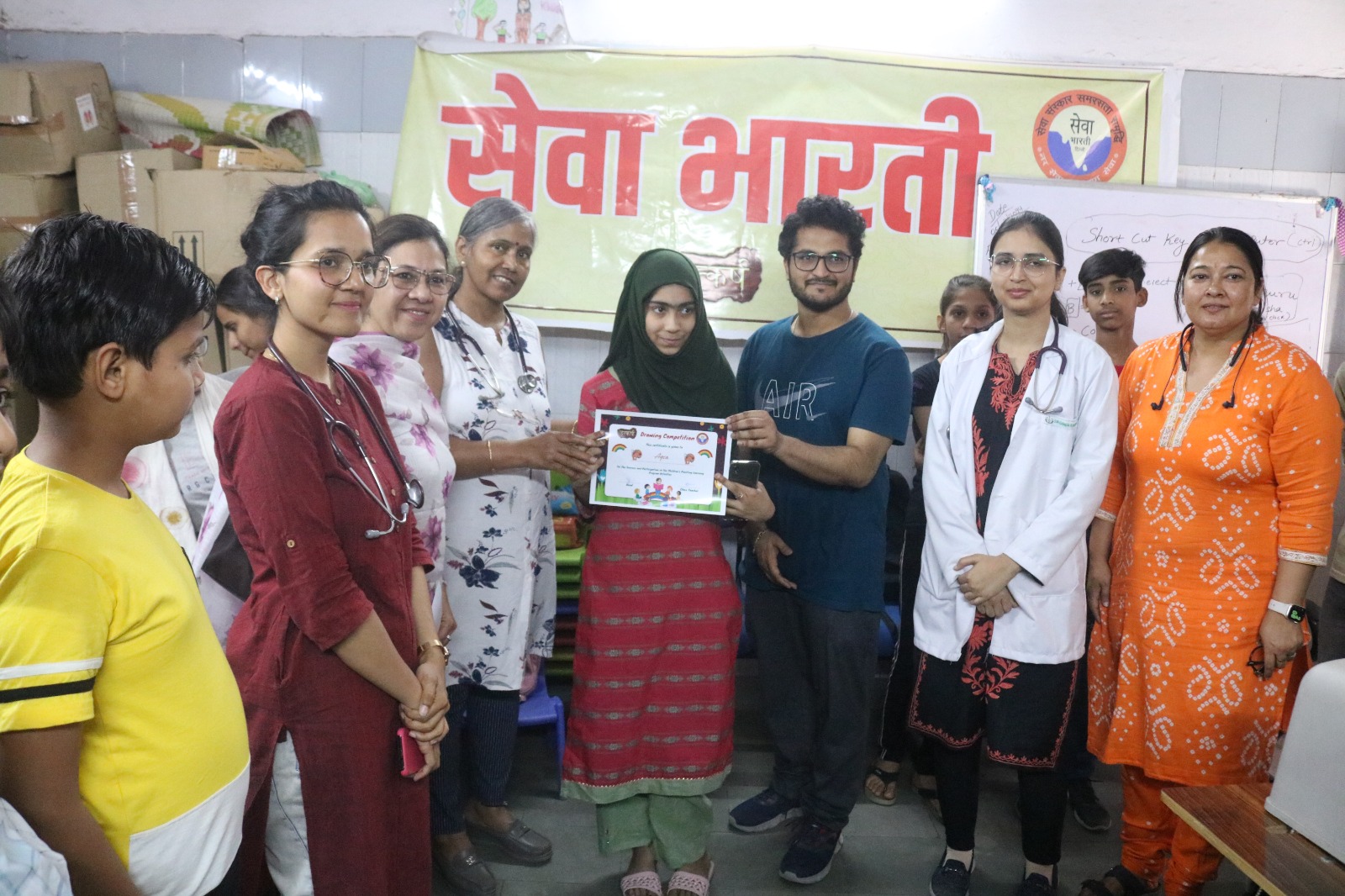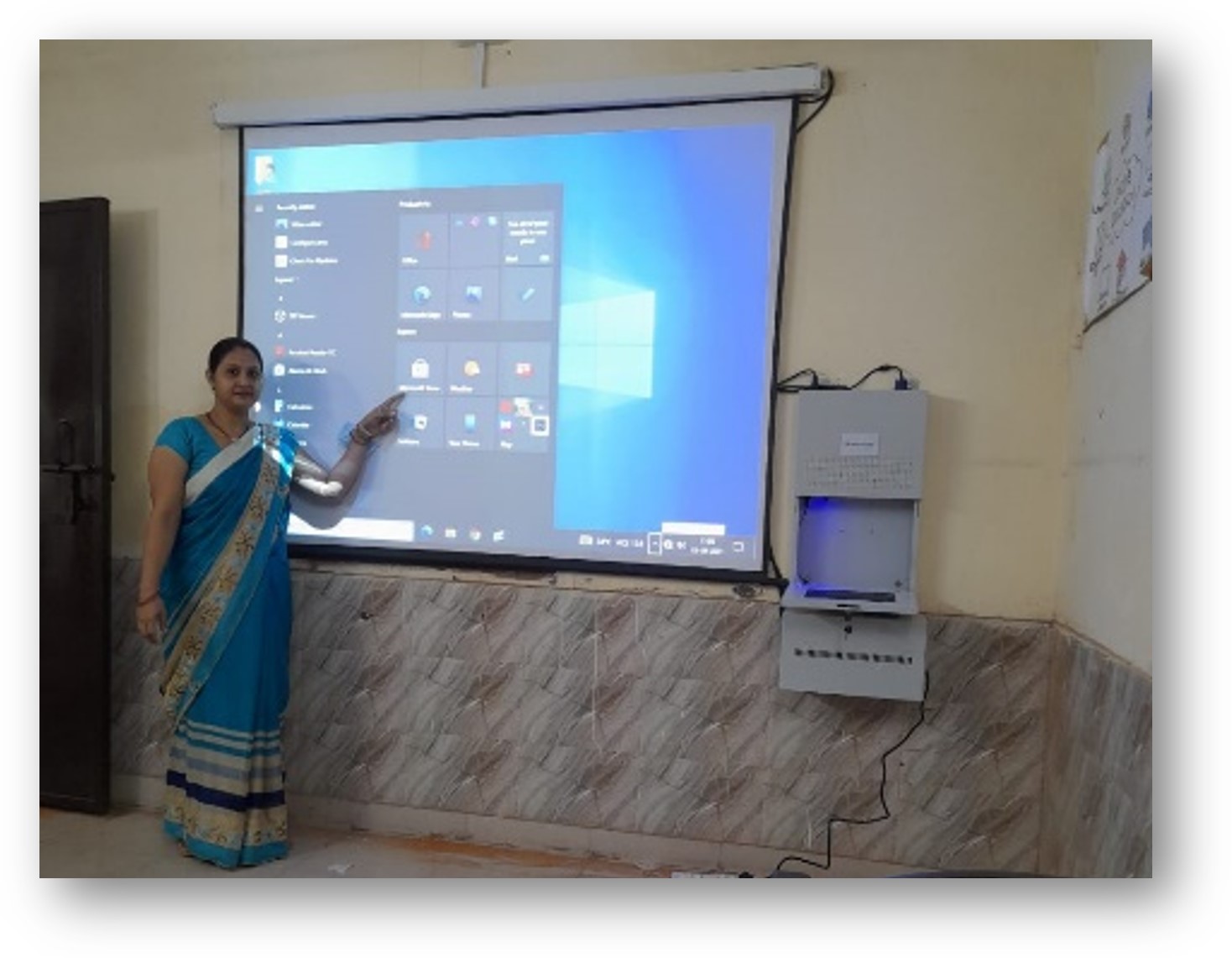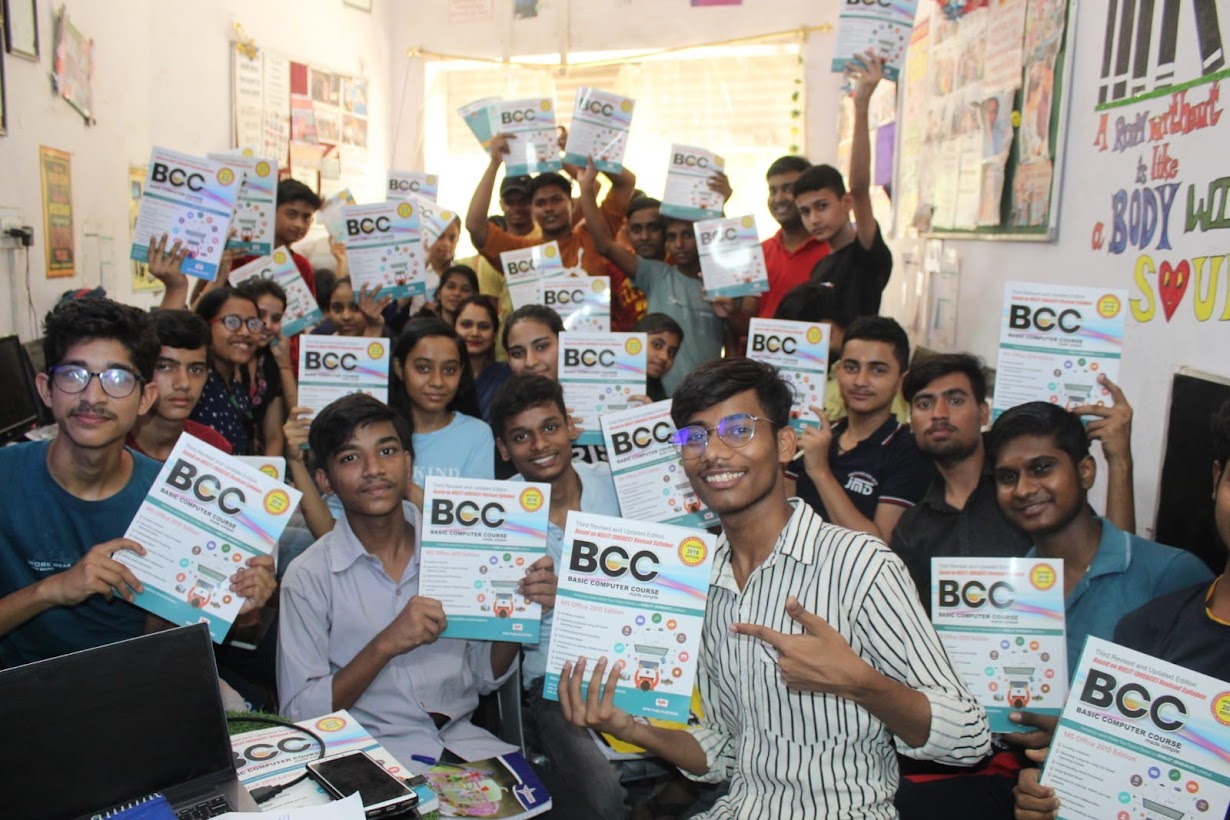Sewa Vidya Mandir
Sewa Vidya Mandir
Sewa Vidya Mandir
Introduction:
Education, if looked at beyond its conventional boundaries, forms the very essence of all our actions. While most feel that education is a necessity, they tend to use it as a tool for reaching a specific target or personal mark, after which there is no further need to seek greater education. Nonetheless, the importance of education in society is indispensable and cohering, which is why society and knowledge cannot be ever separated into two distinct entities. Receiving a good education helps empower oneself, thus making you strong enough to look after oneself in any given situation. It keeps one aware of their given surrounding as well as the rules and regulations of the society they are living in. It's only through knowledge that one can question authority for its negligence or discrepancies. It is only then that one can avail of their rights as a citizen and seek improvement in the structural functioning of governance and economy. It's only when a citizen is aware of the policies of its government, that he is able to support or protest the change. As a whole, people can bring about development only when they know where improvement is necessary for the greater good of mankind. Education helps one understand oneself better, it helps one realize his/her potential and qualities as a human being. It helps one to tap into latent talent, so that one may be able to sharpen their skills.
Essence Sewa Dham Vidya Mandir:
Sewa Dham represents that aspect of broad Indian ethos where character building is an integral goal of society. Here people and society complement each other, instead of hindering each other’s growth. It stands firmly on saying “Sa Vidya Ya Vimuktaye” meaning Education is for the liberation of a person’s thought process, mind, heart, and soul, liberation from narrow-mindedness and selfishness. Sewa Dham strives to develop the internal faculties of students so that energy embodied in them can be channelized towards higher goals of nation building. Here, while we make sure that our own desires and ambitions are not imposed upon students, students themselves become capable to chart their own path to success.
Sewa Dham Vidya Mandir Residential School:
Sewa Dham Vidya Mandir is a residential school from class 6th to 12th standard and provides free education and hostel facilities. At present, there are 282 students from 25 states. The project is thus making a valuable contribution to society At Sewa Dham we try to inculcate intellectual, physical, spiritual, religious, and moral education in them, to develop their overall personality. Almost all the students belong to very poor families and come from remote scheduled tribes and scheduled caste communities.
Over the years the Sewa Dham students have excelled not only in their academics and professional careers but also made Sewa Dham proud through their services to society. The alumni of the school comprised medical doctors, engineers, armed forces and other government officers, etc.
One of the achievements of Sewa Dham was to organize Maths Olympiad in the institution, in which two students won gold medals, one silver, and one bronze medal.
Support to Sewa Dham:
In order to carry forward the cause of ensuring free, compulsory, and quality education to underprivileged children, we need the support of the entire society. In Sewa Dham Vidya Mandir, the annual expenditure on each student is Rs. 45,000 approximately. The institution accepts Rs. 31,000 as a donation for each student. The remaining bounties, we get in kind.
There are 4 staff, 11 teachers, and a Principal at Sewa Dham School.
In the Sewa Dham hostel, where students are rested, there are 3 supervisors, 7 cooks, two sweepers, one electrician, one mali (gardener), and one doctor.
A detailed budget for the functioning and maintenance of Sewa Dham Vidya Mandir is given below:













